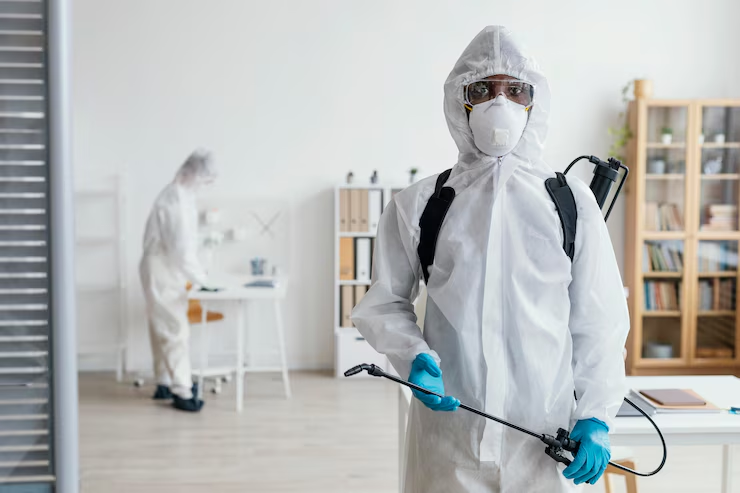Pest control is more than just an occasional spray—it’s about creating a safe, healthy environment for your family and protecting your property from costly damage. In this blog post, we’ll cover why pest control matters, how to recognize common household pests, and the best preventive and control measures you can take.
Why is Pest Control Important?
Protects health: Many pests, including rodents, mosquitoes, and cockroaches, carry diseases that can be transmitted to humans. For example, mosquitoes spread malaria and dengue, while cockroaches can trigger allergies and asthma.Prevents property damage: Termites and rodents can chew through wood, wires, and insulation, leading to expensive repairs.Preserves food safety: Rodents and insects can contaminate food supplies, causing spoilage and health risks.
Common Household Pests & How to Spot Them
Ants: Usually seen in lines near food sources. Look for them in kitchens and pantries.
Cockroaches: Nocturnal, hiding in moist, dark areas like kitchens and bathrooms.
Rodents (Rats/Mice): Gnawing marks, droppings, and scampering sounds in attics or basements signal their presence.
Termites: Mud tubes or damaged wood in foundations and walls.
Spiders: Found in dark, undisturbed places—most are harmless, but some can be dangerous.
Pest Prevention: First Line of Defense
Seal entry points: Caulk cracks, fill holes with steel wool, and repair screens and weather stripping.
Eliminate food and water sources: Store food in sealed containers, clean up crumbs immediately, and fix leaks or standing water issues.
Declutter: Keep spaces clean and reduce clutter where pests can hide, especially in basements, attics, and closets.
Maintain landscaping: Keep branches and shrubs trimmed away from your house, and store firewood away from foundations.
Best Practices for Pest Control
Identify the pest: Proper identification helps you choose the right solution.
Use Integrated Pest Management (IPM): Focus on non-chemical measures first, like sanitation and exclusion; resort to pesticides only when necessary and always follow the label.
Practice safe pesticide use: Never use outdoor chemicals indoors and avoid using more than recommended. Store and dispose of chemicals properly, away from children and pets.
Call professionals if needed: Severe infestations of termites, bedbugs, or dangerous spiders are best handled by pest control experts.
Quick Tips to Keep Your Home Pest-Free
Clean the kitchen every night—don’t leave dirty dishes or crumbs.
Remove garbage regularly and keep it sealed.
Repair leaky pipes and dry moist areas.
Install window screens to keep mosquitoes and flies out.
Regularly inspect and maintain your property, inside and out.
Pest control is an ongoing process, but by following these best practices, you can keep your home healthy, comfortable, and pest-free all year round. If you’re experiencing persistent problems, consider reaching out to a local pest control professional for advice and safe, effective treatment options.
For more tips on safe pest control practices, visit the EPA’s official guide to pest prevention and management.

